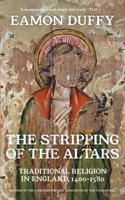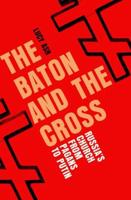Publisher's Synopsis
In Metaphysical Institutions, Caner K. Dagli explores the ultimate nature of the realities we call religions, cultures, civilizations, and traditions through the lens of a particular question often limited to religious studies, history, and anthropology, namely: "What is Islam?" The book is both a philosophical treatise about the nature of shared thinking that uses the encounter between the Modern Project and Islam as an illustrative example, and an exploration of the conceptualization of Islam in light of the metaphysics of consciousness and meaning.
Dagli first develops a comprehensive theory of the institution and then expands its meaning to include a new category called "metaphysical institutions," with the goal of establishing both necessary and empirically variable features of all institutions, including those that deal with ultimate questions. The new model is then used to analyze questions of authority and autonomy, rationality and imitation, the universal and the particular, and other enduring questions.









